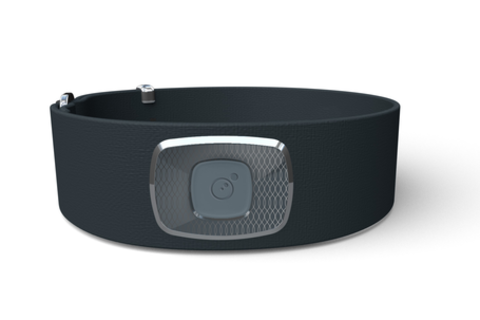Wearing Your Health on Your Sleeve (Literally)
Part of the problem in changing health and fitness habits comes from a lack of information about where you’re going wrong. Did you burn 800 calories in spin class instead of 1,000? Miss your 10,000-step walking target? Have a restless night that threw a monkey wrench into your metabolism?
Body monitors that are the size of a wristwatch – and soon as small as a quarter – are now capturing this data and more. Already, overweight people can easily track their daily progress by computer or smartphone. Shortly, insomniacs will be able to monitor their sleep patterns at home instead of a sleep lab. Diabetics will see how lifestyle choices affect their blood sugar levels. Physicians, wellness counselors and children of aging parents will check key vital signs from miles away.
This session will explore how these developments will help consumers take control, reduce healthcare costs, enable earlier intervention, and create a healthier population.



